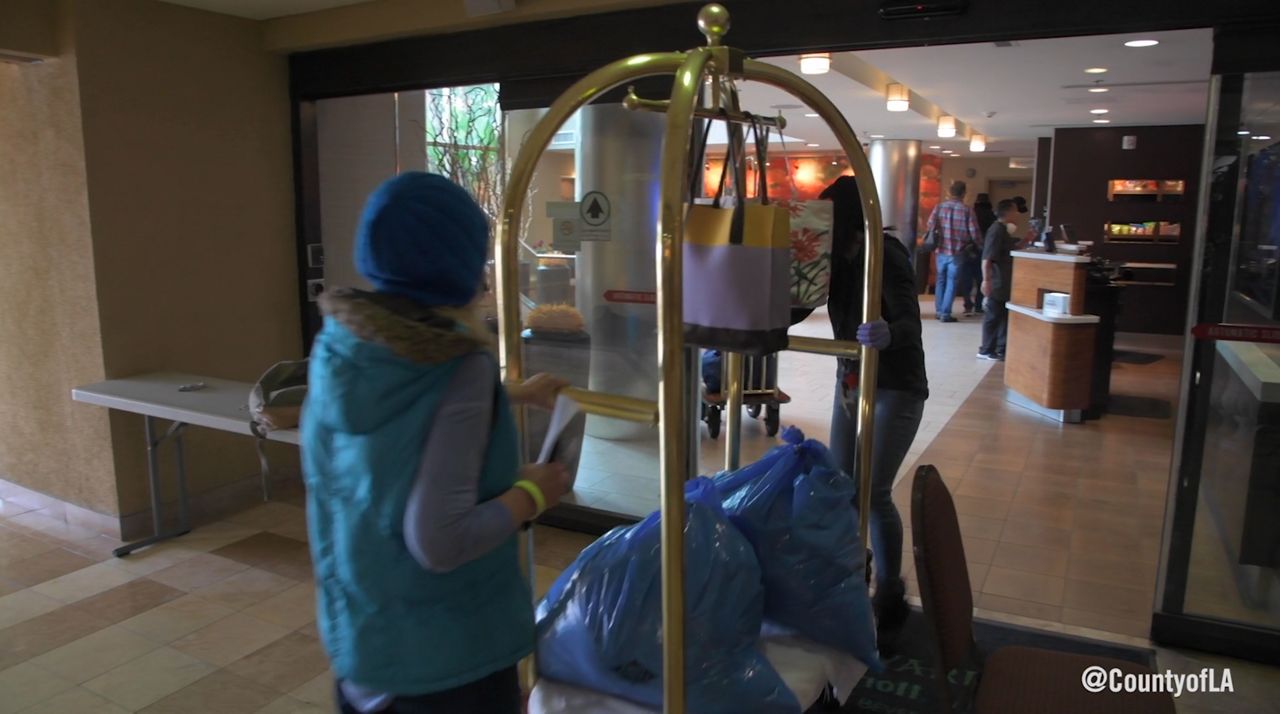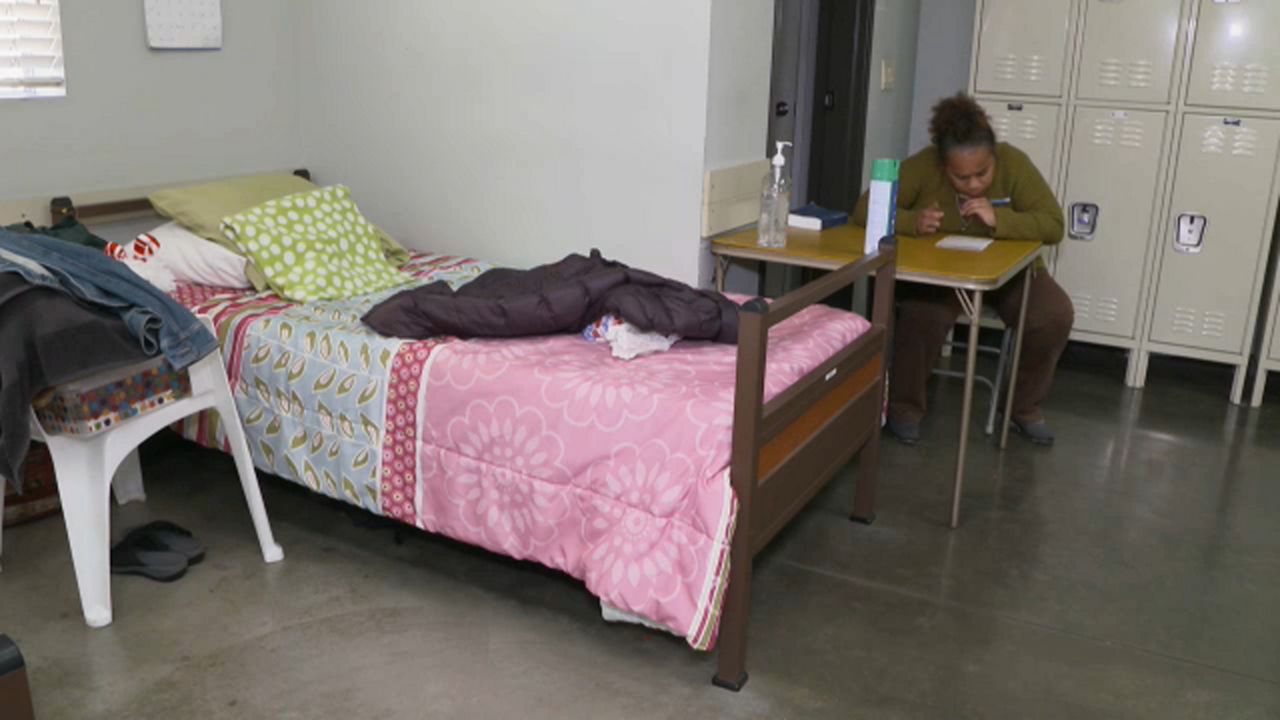LOS ANGELES — In 2018, it is estimated that 133 homeless individuals found housing every day, but at the same time, 150 more fell into homelessness. While Los Angeles County grapples with this discrepancy, some are looking for a more effective means of prevention.
Janey Rountree, executive director of the California Policy Lab based at UCLA, just co-authored a study that proposes a new approach to data analysis that will allow the county to more accurately predict those most likely to become homeless.
MORE HOMELESSNESS STORIES:
- Unhoused Register to Vote to Have Voices Heard by Politicians
- City Unable to Tend to Troubled Land in Lynwood
- Kobe Bryant Remembered for Dedication to Fighting Homelessness
“We're really focused on how to prevent homelessness before it happens,” said Rountree. “And the biggest challenge to preventing homelessness is to understand who's really at risk.”
Working with the University of Chicago, the researchers studied millions of interactions between residents and social service agencies and say the data analysis has improved prediction odds to 1 in 2.
“The point is really to try to reach people before they're literally homeless and on the street and try to avoid all of the suffering that comes from losing your housing, and then trying to navigate your way back into housing,” added Rountree.
Across town, Phil Ansell, director of L.A. County’s Homeless Initiative, knows that hundreds of thousands of Angelenos are one unexpected event away from becoming homeless.
“For a family or individual who would actually become homeless, spending money to prevent their homelessness is a very wise investment,” said Ansell. He explained that L.A. county has two million adults living in poverty. Some 14,000 of them will experience homelessness, which is less than one percent. But with Measure H funds limited, the challenge is how do you know who to channel resources to.
“UCLA has been able to develop an algorithm. They're able to identify people who are 25 to 40 times more likely to become homeless.”Added Ansell, “UCLA has been able to develop an algorithm. They're able to identify people who are 25 to 40 times more likely to become homeless.”
Rountree said now that the study has been released, the next step is to put the numbers to the test in the real world.
“What we are most hopeful for is our partnership with L.A. County which will result in a pilot program to try to proactively reach out to these people, understand their housing situation, and try to stabilize their housing before they become homeless,” she said.
Backed by the study's findings, a pilot program is now in the works where funding could be used for eviction assistance or rental subsidies for L.A.’s most vulnerable residents.
For more info: capolicylab.org











